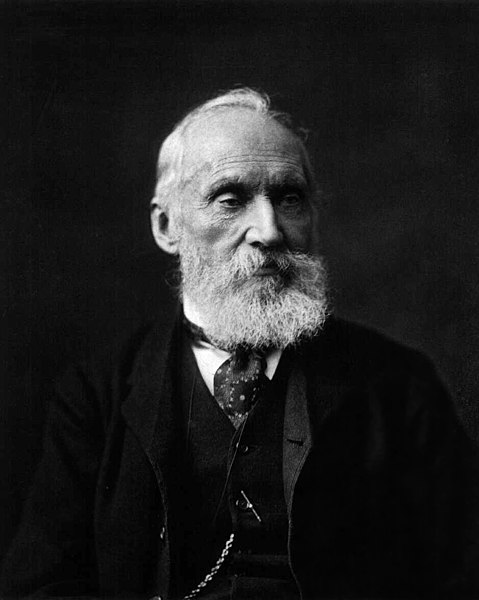by Sarah Firisen
Odds are you’re on Facebook. After all, 1 in 6 people on the planet are on it, why should you be the exception? I think in my immediate circle of friends and family I know one person who isn’t on it at all. I know, I know, we overshare these days; we have no privacy; we allow ourselves to be marketing pawns for Facebook and their minions; we’ve welcomed Big Brother into our lives with open arms. But nevertheless, for most of us, it seems to be the case that if a fabulous meal is eaten and no photos of it are posted on Facebook for our friends and family to salivate over, then the meal never really happened.
So I’m going to go ahead with the assumption that almost everyone reading this, except my one friend, has been exposed to a huge number of their Facebook “friends” posting “Here’s my Facebook movie. Find yours at…” I have to admit that when I first started seeing these pop up in my newsfeed I was skeptical and resisted for a day or so. Then I watched a couple and they were cute and short. Even some of my more intellectually serious friends, including a certain 3QD editor, couldn’t resist. Finally I gave into temptation and had Facebook create mine. I was pleasantly surprised; it did a good job of choosing the highlights that I might have selected. There were a lot of photos of my kids, a few of the dog and one of me showing off a new haircut. And it ended with my New Year’s greeting to friends and family making a vague reference to the hard year I’d had because of my divorce and thanking people for their support. Seemed like a fitting end point.
For hundreds of years people kept diaries and they wrote letters. In these ways, they narrated their own lives and allowed others to follow them, in the case of letters, as their correspondents and in both cases as a record of the stories of their lives for future generations. Most of us don’t write diaries, if anything we write blogs and certainly, if the slow death of the US Postal Service is anything to go by, we don’t write letters. Increasingly, we don’t even send personal emails. These days, I don’t even keep in regular contact with many people via non Facebook email. Some people I text with. A few I used BBM or Whatsapp. Instead, the story of my life is documented on Facebook and for other people on Twitter, Instagram et al.

